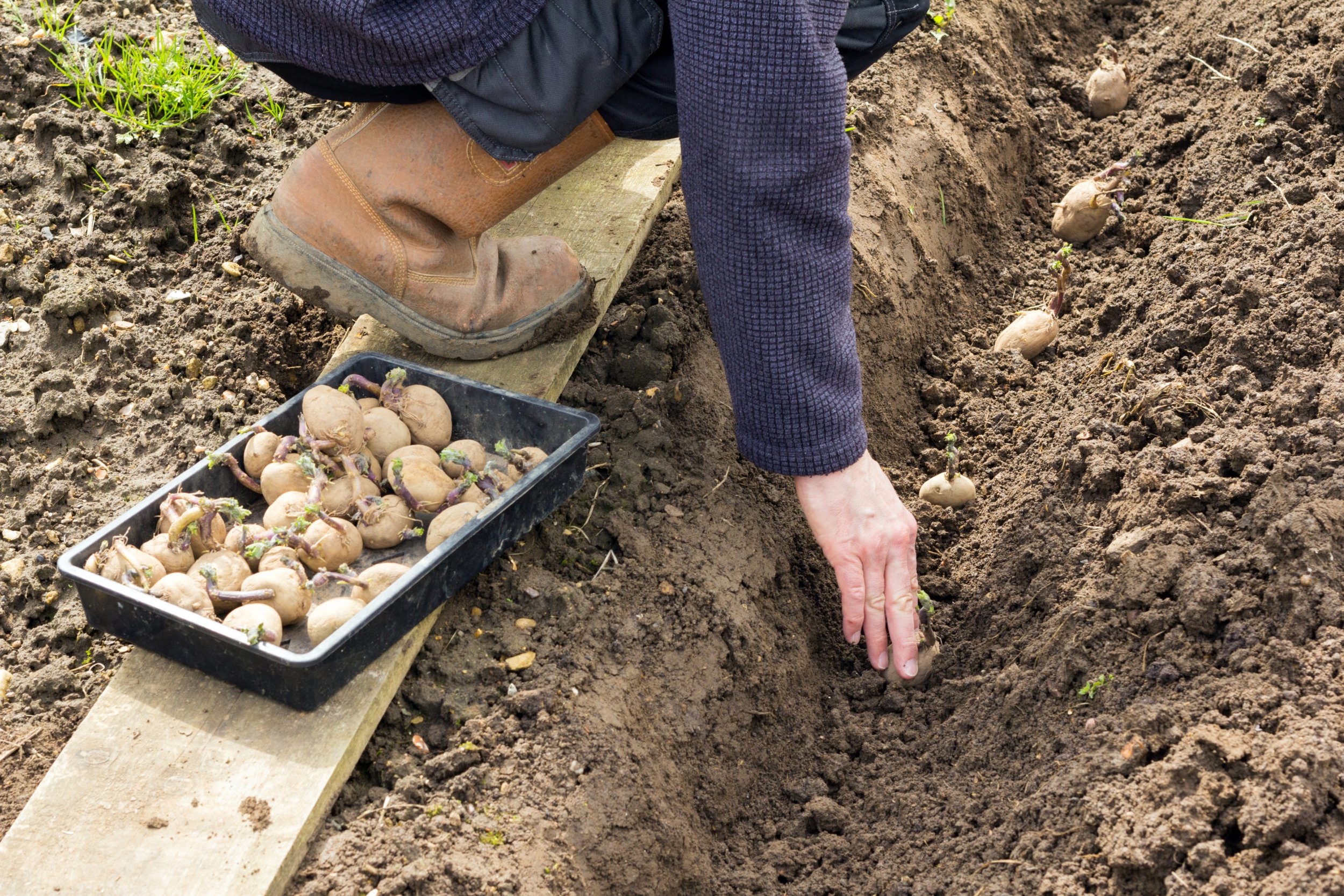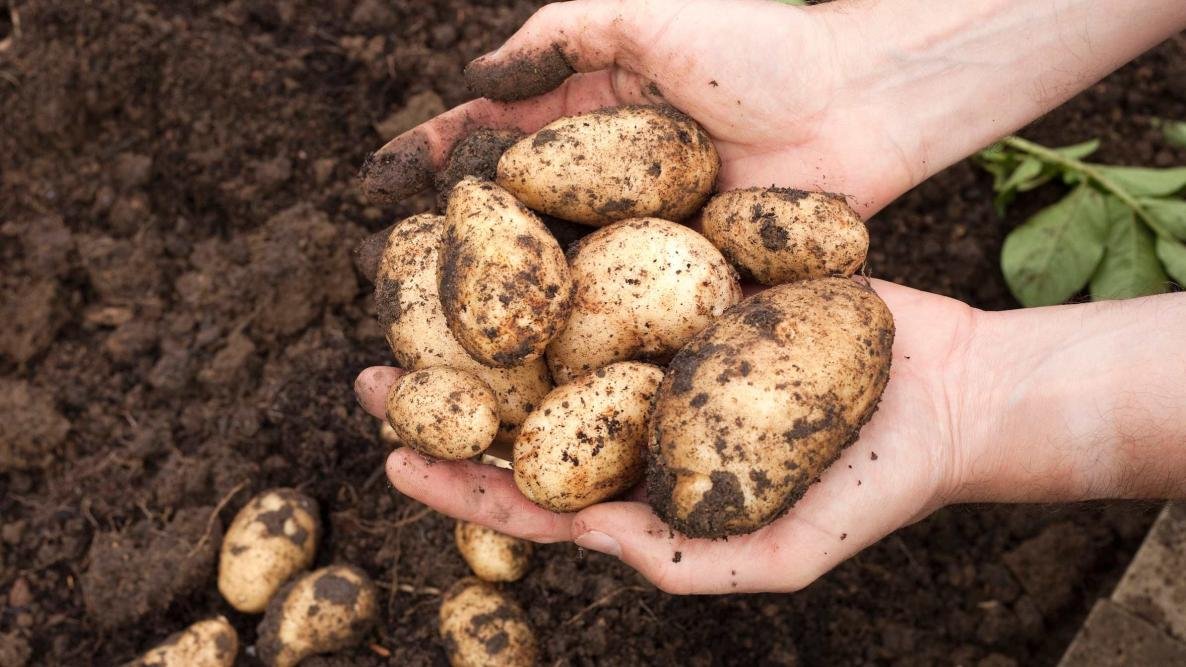How to Grow Potatoes
To begin, select a sunny spot in your garden with well-drained soil. In New Brunswick, the ideal planting time for potatoes is in early spring, once the soil has warmed up. Choose seed potatoes from a reputable nursery or garden center, ensuring they are certified disease-free. Prepare the soil by removing any weeds or rocks, and amend it with organic matter, such as compost or well-rotted manure, to enhance the fertility and structure. Potatoes thrive in slightly acidic soil, so it is beneficial to test the pH level and adjust if necessary - aim for a pH range between 5.5 and 6.5.
Next, it's time for planting. Cut the seed potatoes into pieces, making sure each piece contains at least one "eye" – the small indentation from which sprouts will emerge. Allow the cut pieces to dry for a day before planting to prevent rot.
Space the seed potato pieces about 12 inches apart and bury them 4 inches deep in the soil with the eyes facing up. Cover the potatoes with soil, forming mounded rows that promote drainage and prevent the tubers from becoming waterlogged.
Ensure your potato plants receive sufficient water, especially during dry spells, but avoid over-watering, as excessive moisture can lead to fungal diseases. Monitor the plants regularly and keep them adequately watered without allowing the soil to become saturated.
As the plants begin to grow, hill the soil around them by gradually piling it up around the stems. This encourages the formation of more tubers and protects them from sunlight, preventing greening. Continue this hilling process every few weeks as the plants grow taller. Keep an eye out for pests such as potato beetles or aphids, which can damage the foliage and reduce your harvest. Consider using organic pest control methods to protect your plants without harming the environment.
Around 80-100 days after planting, depending on the variety, your potatoes will be ready for harvest. Look for signs such as yellowing foliage and dying back of stems. Gently dig around the base of the plant to unearth the potatoes. Handle them with care to avoid bruising or damaging the skin. Allow your freshly dug potatoes to cure and dry for a few hours before storing them in a cool, dark place with good ventilation - properly stored potatoes can last several months, providing you with delicious meals throughout the year!


